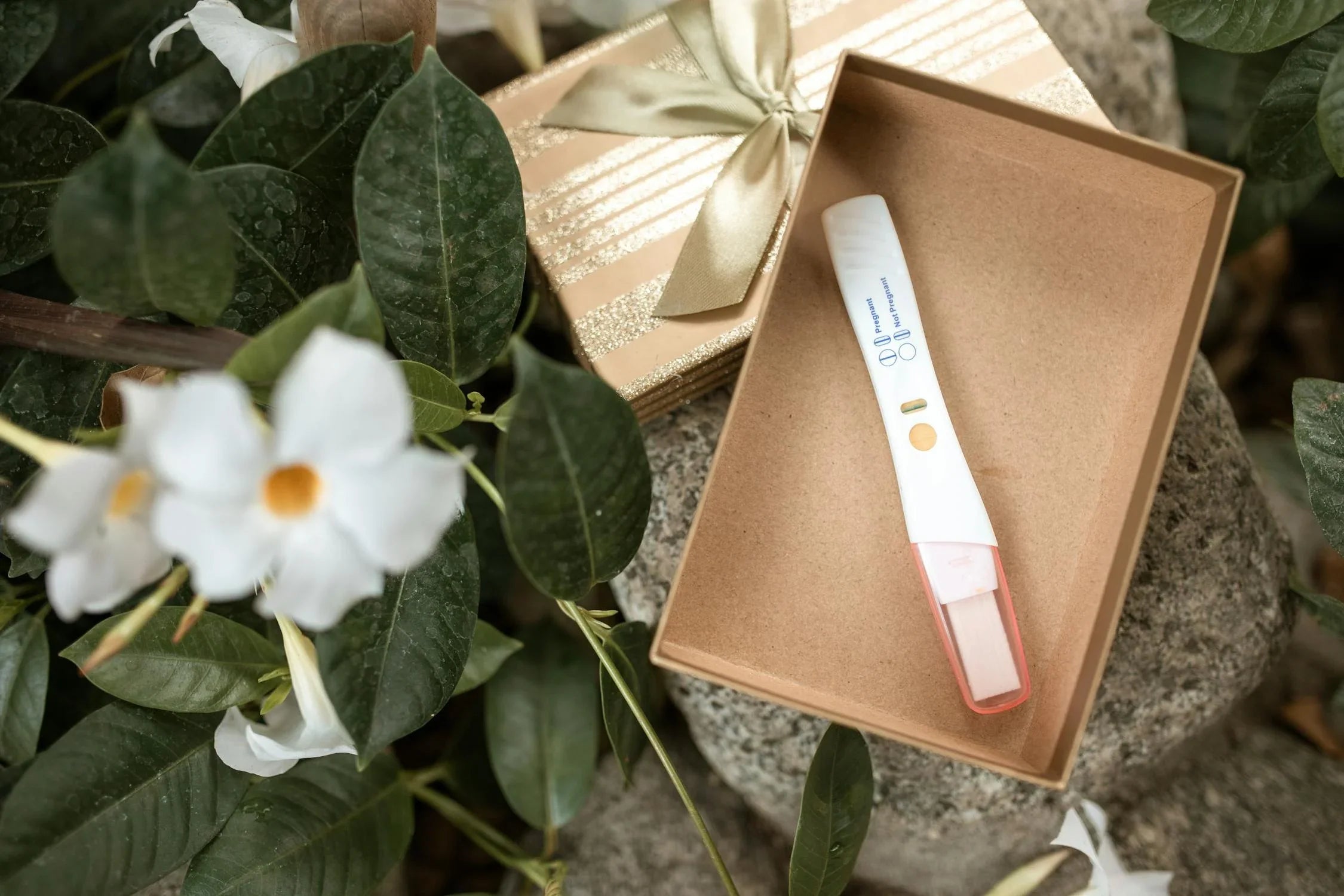Inicio
Pregnancy, Breastfeeding, and Pumping: The Ultimate Guide for Moms
How to Know If I Am Pregnant Without Pregnancy Test

How to Know If I Am Pregnant Without Pregnancy Test
Are you wondering if you might be pregnant but don’t have access to a pregnancy test? Whether you’re trying to conceive or suspect an unplanned pregnancy, understanding your body’s signals can provide valuable insights. While pregnancy tests are the most accurate way to confirm pregnancy, there are several natural methods and early signs that can help you determine if you’re expecting. This article explores how to know if you’re pregnant without a pregnancy test, offering practical tips and insights to guide you.
Understanding Early Pregnancy Symptoms
One of the first steps in determining pregnancy without a test is recognizing early symptoms. These symptoms occur due to hormonal changes in your body, particularly the rise in human chorionic gonadotropin (hCG) and progesterone levels. Here are some common early signs of pregnancy:
- Missed Period: A missed menstrual cycle is often the most obvious sign of pregnancy. However, stress, hormonal imbalances, or other health conditions can also cause delays.
- Nausea and Morning Sickness: Feeling nauseous, especially in the morning, is a classic pregnancy symptom. This can start as early as two weeks after conception.
- Breast Changes: Tender, swollen, or sore breasts are common due to increased hormone levels.
- Fatigue: Feeling unusually tired or exhausted can be an early indicator of pregnancy.
- Frequent Urination: Increased blood flow to the kidneys can lead to more frequent trips to the bathroom.
- Food Aversions or Cravings: Sudden changes in your taste preferences or aversions to certain foods may signal pregnancy.
Tracking Basal Body Temperature
Another method to determine pregnancy without a test is by tracking your basal body temperature (BBT). BBT is your body’s temperature at rest, and it can provide clues about ovulation and pregnancy. Here’s how it works:
- Use a basal thermometer to measure your temperature every morning before getting out of bed.
- Record your temperature daily to identify patterns.
- If your temperature remains elevated for more than two weeks after ovulation, it could indicate pregnancy.
While this method requires consistency and patience, it can be a helpful tool for those trying to conceive.
Observing Cervical Mucus Changes
Changes in cervical mucus can also provide insights into your fertility and potential pregnancy. During early pregnancy, cervical mucus may become thicker, creamier, or more abundant. This is due to increased progesterone levels, which support the uterine lining for implantation. Monitoring these changes can help you identify early signs of pregnancy.
Paying Attention to Implantation Bleeding
Implantation bleeding is a light spotting that occurs when the fertilized egg attaches to the uterine lining. This typically happens 6-12 days after conception and can be mistaken for a light period. If you notice light spotting around this time, it could be a sign of pregnancy.
Using the Salt Pregnancy Test
One popular home method to check for pregnancy without a test is the salt pregnancy test. While not scientifically proven, many people believe it can provide early indications. Here’s how to perform it:
- Collect a small amount of your first-morning urine in a clean container.
- Add a pinch of salt to the urine and wait for a few minutes.
- If the salt dissolves completely, it may indicate a negative result. If it forms clumps or a milky texture, it could suggest pregnancy.
Keep in mind that this method is not reliable and should not replace professional medical advice.
Monitoring Mood Swings and Emotional Changes
Hormonal fluctuations during early pregnancy can lead to mood swings, irritability, or emotional sensitivity. If you notice sudden changes in your mood or emotional state, it could be a sign of pregnancy. However, these symptoms can also be caused by stress or other factors, so it’s essential to consider them in conjunction with other signs.
Listening to Your Body’s Intuition
Sometimes, your body’s intuition can be a powerful indicator of pregnancy. Many women report a “gut feeling” or heightened awareness of their bodies when they’re pregnant. If you feel that something is different or suspect you might be pregnant, it’s worth paying attention to these instincts.
When to Seek Medical Advice
While these methods can provide clues about pregnancy, they are not a substitute for professional medical confirmation. If you suspect you’re pregnant, it’s important to consult a healthcare provider for accurate testing and guidance. Early prenatal care is crucial for the health of both you and your baby.
Determining pregnancy without a test can be challenging, but by understanding your body’s signals and using natural methods, you can gain valuable insights. Whether you’re experiencing early symptoms or trying home remedies, staying informed and seeking professional advice will help you navigate this exciting journey. Trust your instincts, listen to your body, and take the necessary steps to confirm your pregnancy with confidence.
Compartir
